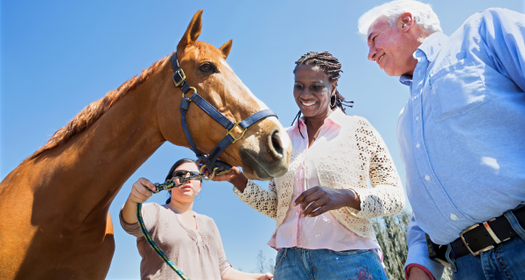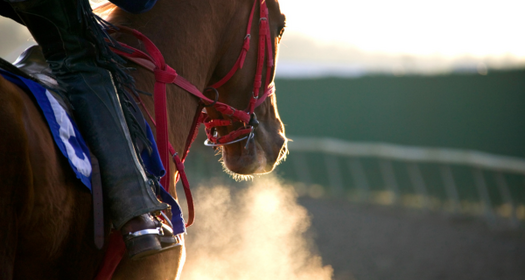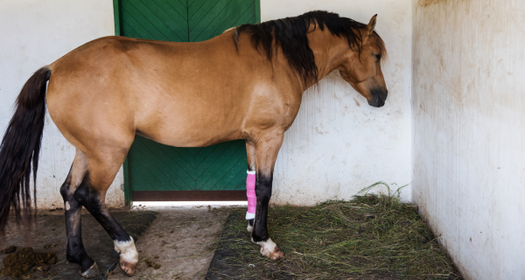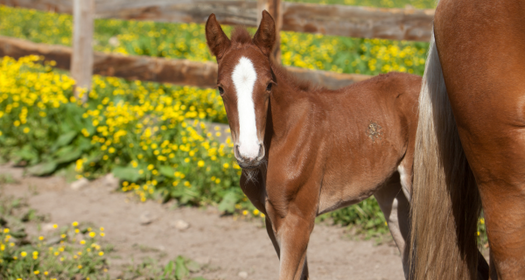
Article supplied by Jacob Michelsen, B.V.Sc., B.Sc., G.C.M
Macarthur Vet Hospital
As published in The Pet Directory
Founder is a common disease of small horses and especially ponies. It causes the horse to get sore feet, which can be mild, making them reluctant to walk to very severe causing the hooves to separate from the feet! Mostly it causes horses to be quiet, unwilling to move and often to lie down. It is a serious condition that needs quick, effective treatment to prevent long term damage.

Founder is caused by a sudden change to a higher quality feed, often one rich in sugars. We see a lot of founder at this time of the year as the weather warms and fresh, new grass starts to grow. The high sugar diet upsets the balance of bacteria in the horses’ gut. The bacteria release a poison called endotoxin which damages the laminae, or the connection between the hoof wall and the foot. In very mild cases this causes little problem, but more often there is some permanent damage to the laminae, even if it is minor. Once your horse has had it once, it is more susceptible to it again, and the damage to the foot builds up every time your horse has another attack.
Treating the condition is aimed at stopping further damage, by changing the diet back to a lower energy feed and giving drugs to reduce the swelling of the laminae. Generally we get owners to put the horse in a stall with soft bedding (or small yard), change the feed to lucerne hay or chaff, and give phenylbutazone for up to two weeks. If there has been long term damage to the foot, the laminae die, weakening the connection to the hoof, and special shoes or foot trimming may be needed.

If your horse is prone to founder it can be prevented by keeping it in a small yard away from fresh growing grass. But it is also important not to let your horse get too fat, and if needed there is a drug called Foundergaurd which can help too.
For more information about founder, check out the web, or local library, but make sure the information is fairly recent, as we understand a lot more about this condition than we did a few years ago. Your local vet should be able to help too.











Leave Comment Below